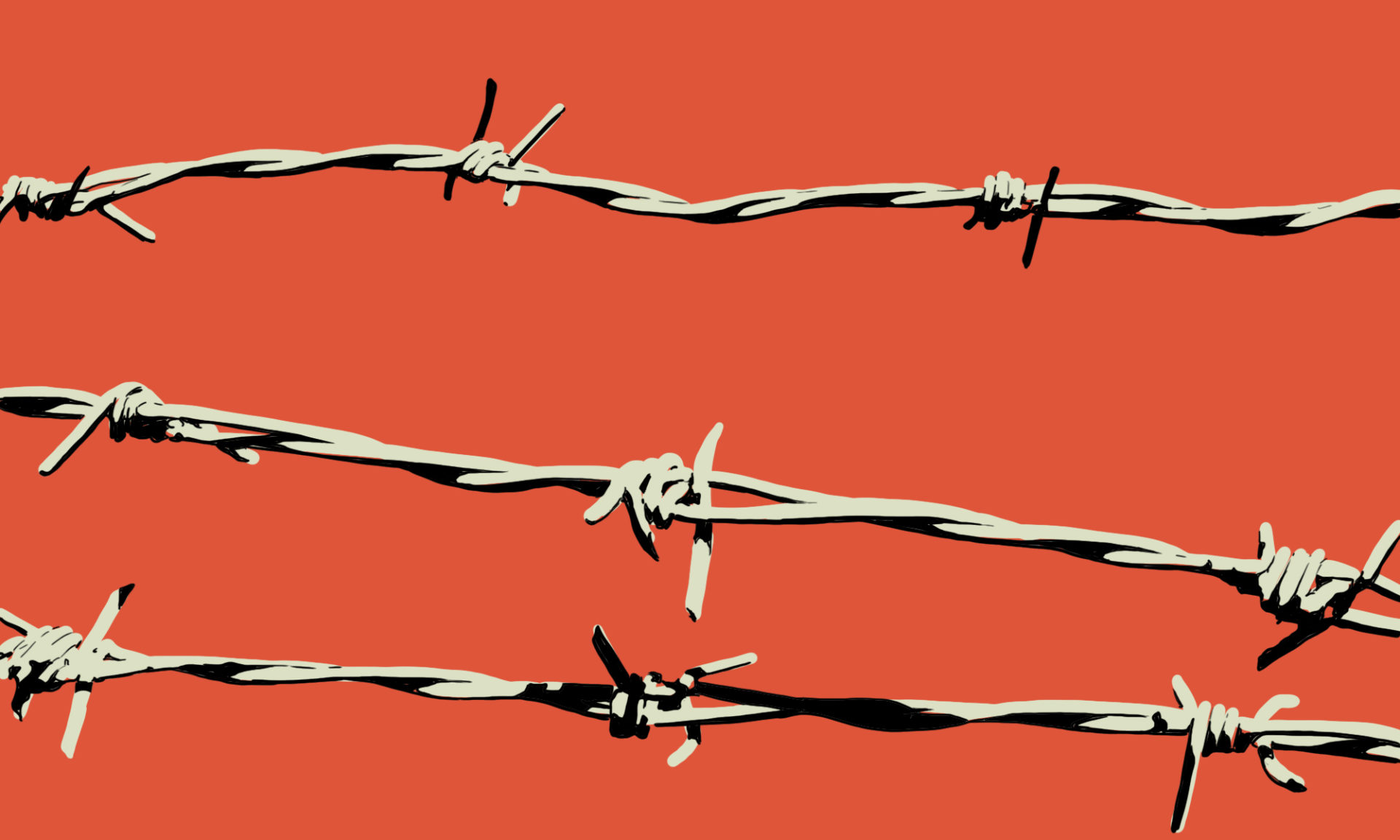International pressure builds over Xinjiang after UN visit
Dissatisfied with UN rights chief Michelle Bachelet’s recent visit to China, some Western countries have called for the International Labor Organization to carry out a mission to investigate Xinjiang.

Western nations, including the United States, Britain, Canada, and others, called on Thursday for the International Labor Organization (ILO) to set up a mission to investigate accusations of labor abuses in China’s western region of Xinjiang.
The calls come directly after UN human rights chief Michelle Bachelet’s six-day visit to China last week, the details of which will be included in a long-awaited report on Xinjiang that is likely to be further delayed, raising questions about whether it will be ready in time for the next meeting of the UN Human Rights Council.
- Bachelet, the former first female Chilean president and herself a survivor of torture at the hands of a brutal dictatorship in her home country, said that her visit “was not an investigation” but raised questions over counterterrorism and deradicalization measures and urged Beijing to “rethink” its policies in Xinjiang.
- Some “genocide scholars and rights advocates” are calling for Bachelet’s resignation.
International pressure is mounting on Beijing as a growing cohort of voices, particularly from UN members, have ramped up efforts to tighten up the flow of products from Xinjiang.
- The U.S. is preparing to ban imports from the region under the Uyghur Forced Labor Prevention Act (UFLPA) that comes into effect in June, a move that Chinese Foreign Ministry spokesperson Zhào Lìjiān 赵立坚 said would “seriously disrupt” ties between the two nations.
- Germany refused to provide carmaker Volkswagen — which has operated a factory in Xinjiang since 2013 — with guarantees to cover new projects in China due to the alleged rights violations, a signal to German firms operating in China of more political scrutiny to come.
- Talks to refresh Switzerland’s free-trade agreements with China have stalled, as Bern takes a more critical view of Beijing’s human rights record.
- The Xinjiang Police Files, a cache of secret information compiled by the U.S.-based Victims of Communism Memorial Foundation, dropped right as Foreign Minister Wáng Yì 王毅 presented Bachelet with a book by Xí Jìnpíng 习近平 on “Respecting and Protecting Human Rights.”
But defenders of Beijing say that much of the growing body of evidence on allegations of forced labor and mass detention systems are a “smear campaign” from governments and entities that are hostile to China.
- Foreign Ministry spokesperson Zhao slammed a joint statement by the leaders of the United States and New Zealand that expressed “grave concerns” on the situation in Xinjiang and Hong Kong after they met in Washington this week, with Zhao saying they were a matter of China’s “internal affairs.”
- One Chinese diplomat said that Bachelet’s visit had “not only vindicated, but justified” Beijing’s Xinjiang policies.
- China in April ratified two international treaties on forced labor, but has yet to submit the full documentation needed to take effect, a process that can frequently take weeks or months.
Meanwhile, an anonymous letter from a Uyghur in China describes how Uyghur “mouths have been sealed” over the past five years, The China Project reported yesterday.





